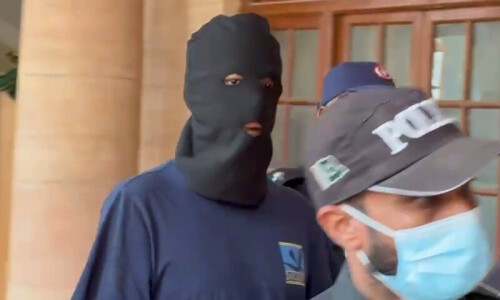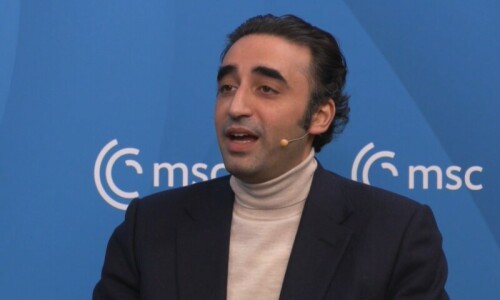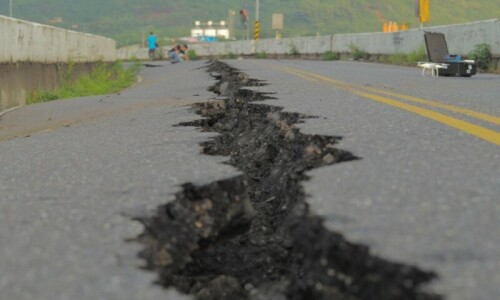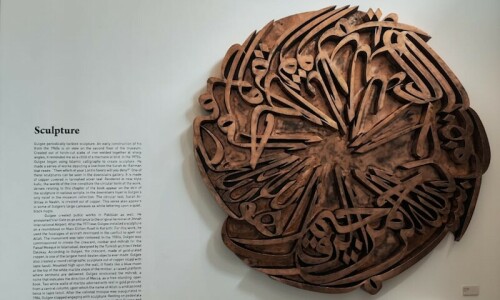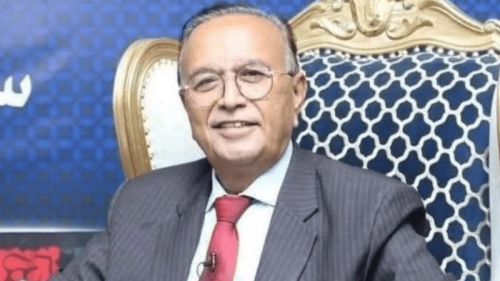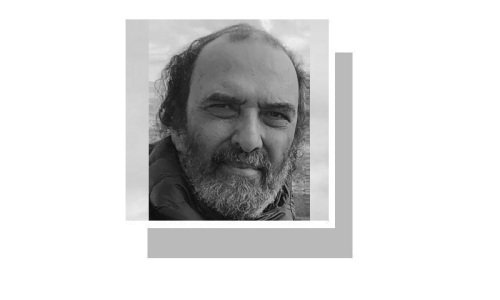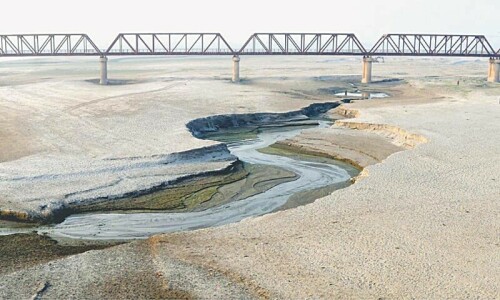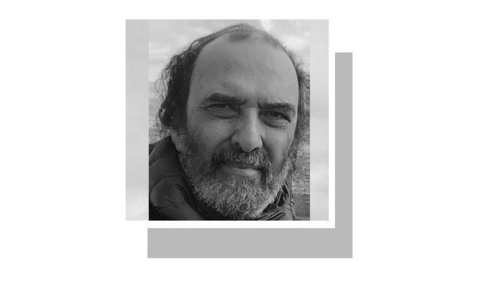KARACHI: A top official of the Sindh Environmental Protection Agency (Sepa) has said discharge of domestic sewage, toxic industrial effluent, port-related waste, dumping of solid waste, cow dung from cattle colonies and effluent of slaughterhouses into the sea are playing havoc with marine environment under the nose of different agencies and departments working in the metropolis.
Sepa director general Naeem Ahmed Mughal presented an overview of the situation at a meeting of stakeholders responsible directly or indirectly for controlling marine and harbour pollution and shared that more than 90 per cent of industrial wastewater was going into the sea without treatment.
The meeting was told that there was no combined effluent treatment plant (CETP) in Sindh except the one for tanneries in Karachi and the other in Kotri, both of which are malfunctioning, whereas the five treatment plants recommended by a Supreme Court-mandated judicial commission on water in 2018 for Karachi are yet to see the light of day.
The event, organised by the Sindh environment, climate change and coastal development department at a local hotel, was attended by senior provincial government functionaries, Port Qasim Authority chairman, directors general of Karachi Fish Harbour Authority, Sindh Coastal Development Authority, officials of the Pakistan Maritime Security Agency, Karachi Metropolitan Corporation and others.
Country’s two biggest industrial estates have no effluent treatment plant; raw wastewater wreaks havoc on marine environment
Call to speed up efforts to install CETPs
In his opening remarks, Additional Chief Secretary Muhammad Hassan Iqbal said the objective of the meeting was not only to have a collective update on the status of the initiatives and measures to be taken by different government, semi-government, autonomous and private sector organisations, but also to improve the fast degrading marine environment.
He asked the provincial industries department to boost their efforts with regard to the installation of five CETPs in different industrial zones of Karachi, “which are to be made with the financing of both provincial and federal governments”.
He stressed the need for consistent efforts in this regard to get relevant schemes approved in the annual development programme and have the funds released by fulfilling all necessary requirements.
PQA’s 6MGD plant on the cards
PQA chairman Retired Rear Admiral Syed Hasan Nasir Shah shared details of the six million gallon per day (MGD) wastewater treatment plant on which the organisation was working.
He said its paperwork was in progress and its installation would commence in due course of time.
He urged Sepa and the provincial environment department to flex up their regulatory muscles and take strict action against those responsible for discharging their effluent directly into the sea.
“It’s the responsibility of all industries to ensure treatment of their wastewater before releasing it into the environment as it eventually harms marine life,” he noted.
Speaking on the occasion, Sepa DG Mughal said: “In Karachi, Sindh Industrial Trading Estate [SITE] and Korangi Industrial and Trading Estate, two of the biggest industrial estates in Pakistan, have no effluent treatment plant and the waste containing hazardous material, heavy metals, oil, etc is being discharged into rivers and creeks and the already polluted harbour.”
He lamented that when Sepa initiated legal action against elements polluting the marine environment, they came up with different tactics to avoid legal action.
“Several industries instead of ensuring compliance to the Sindh Environmental Protection Act 2014, just pass the buck to another department and called for establishing combined effluent treatment plants to resolve the issue [as they argue that they can’t afford to have an independent system].”
170 industries set up treatment plants
About the steps taken by Sepa, Mr Mughal said 170 industries had set up their own treatment plants at the behest of Sepa while 87 tanneries had started getting their waste treated in the combined treatment plant in Karachi.
He urged the Karachi Water and Sewerage Board to complete the installation of Treatment Plant (TP) 1, TP2, and TP4 as per directives of the water commission.
“Defence Housing Authority is in the process of upgrading its treatment plant and it should link it with the Mehmoodabad drain. The PQA should ensure the establishment of its proposed treatment plant for its three industrial zones.”
So far, Sepa had filed 152 cases against industrial units violating environmental law in the tribunal and 384 before the judicial magistrates. The latter had convicted 149 violators, collecting Rs19.5 million in fines.
“The department has also planted mangroves in potential areas of coastal zone of Sindh on an area of 3,500 hectares through annual development scheme of Sindh,” he told the audience.
Published in Dawn, April 1st, 2022














